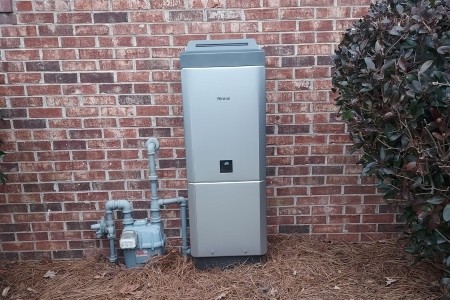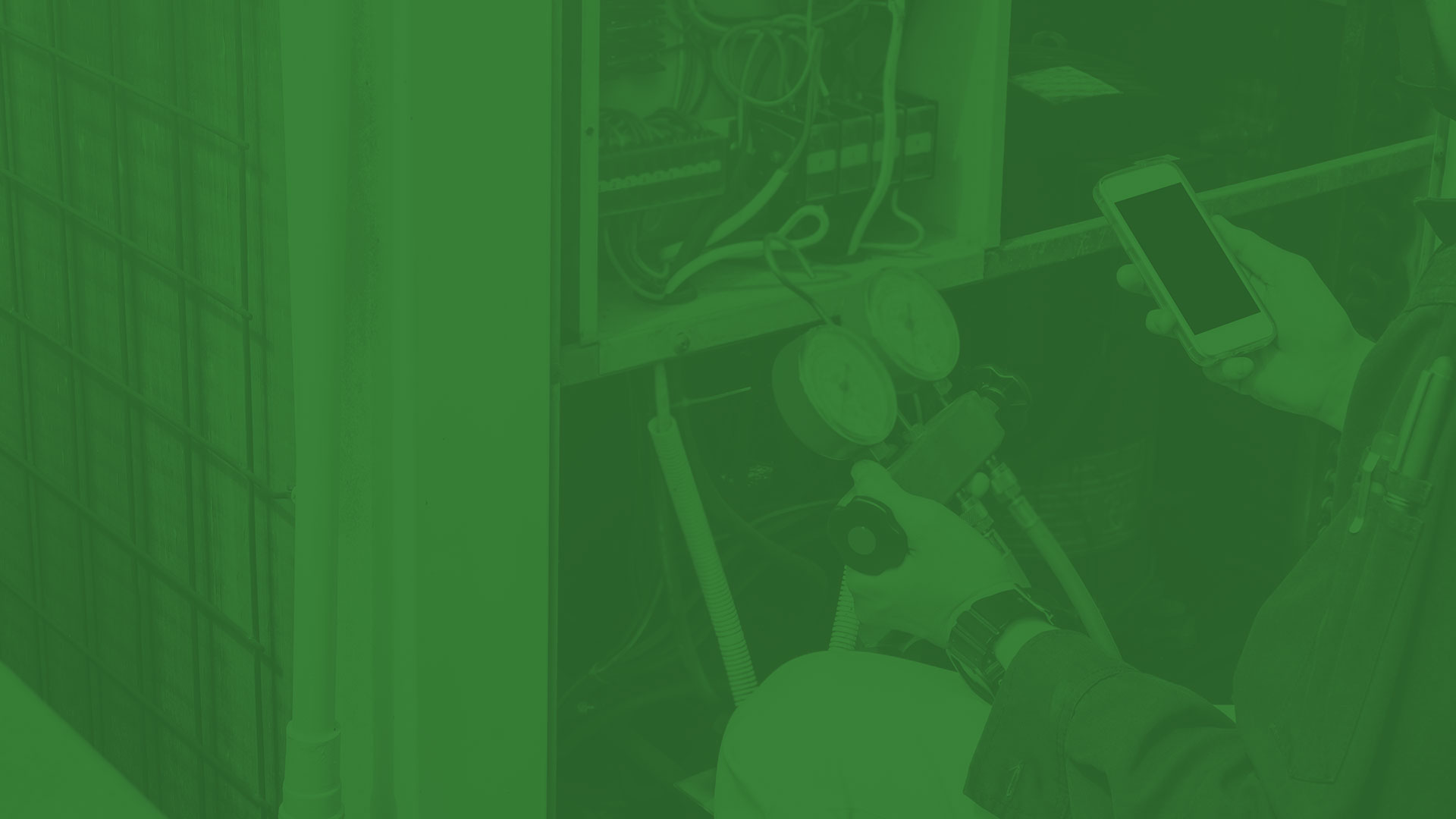How Your Water Heater's Location Impacts Its Lifespan—and Your Utility Bill

When most homeowners think about their water heater, they focus on the tank size or energy source—but the installation location is just as important. Where your water heater is placed in your home can directly affect its efficiency, maintenance needs, and even how long it lasts. In Upstate South Carolina, where seasonal temperature swings are common, your unit's location could be the difference between reliable hot water and a sudden water heater repair emergency.
Let's break down how different placement options affect performance—and your wallet.
Garage Installations: Common, but Risky
In many homes, especially in warmer climates, the garage seems like a convenient spot for a water heater. It's out of the way, easy to access, and near exterior walls for venting. However, garages are prone to drastic temperature changes. During cold Upstate winters, an uninsulated garage can expose your water heater to near-freezing temperatures. This forces the unit to work harder to maintain water temperature, increasing wear and tear and utility costs.
We've seen homeowners call in a skilled Upstate South Carolina plumber after a freeze caused a pipe to burst in a garage-installed water heater—an entirely preventable scenario with better placement or added insulation.
Utility Rooms: Balance Between Protection and Access
A utility or laundry room offers better temperature control and is often centrally located in the home. These spaces tend to provide easy access for annual maintenance and water heater repair, and they're less likely to expose the unit to extreme weather. However, if the space is cramped or cluttered, it can block ventilation or make inspections more difficult.
In one case, a homeowner tucked their water heater into a tight laundry closet behind the washer and dryer. It wasn't until they noticed rising energy bills and a leak that they realized the unit hadn't been serviced in years—simply because no one could easily get to it.
Attic Installations: High Risk, Low Reward
Installing a water heater in the attic might save space downstairs, but it introduces serious risks. Heat rises, so while winter efficiency might improve slightly, the real concern lies in potential leaks. A leak in the attic doesn't just mean water damage—it can mean catastrophic flooding through ceilings, light fixtures, and insulation. One homeowner we assisted suffered $20,000 in damage after a slow attic leak went unnoticed until the ceiling collapsed.
Unless your attic is equipped with a proper drain pan, emergency shutoff valve, and insulation, it's one of the worst places to install a water heater.
Trust a Local Expert for Smart Placement
If you're building a new home or replacing an old unit, location matters more than you think. The best way to avoid issues down the road is by working with a skilled Upstate South Carolina plumber who understands the local climate and home layouts.
Need dependable water heater repair in Upstate South Carolina? Contact Mathis Plumbing & Heating Co., Inc. today to schedule an inspection or discuss the smartest placement for your unit.
